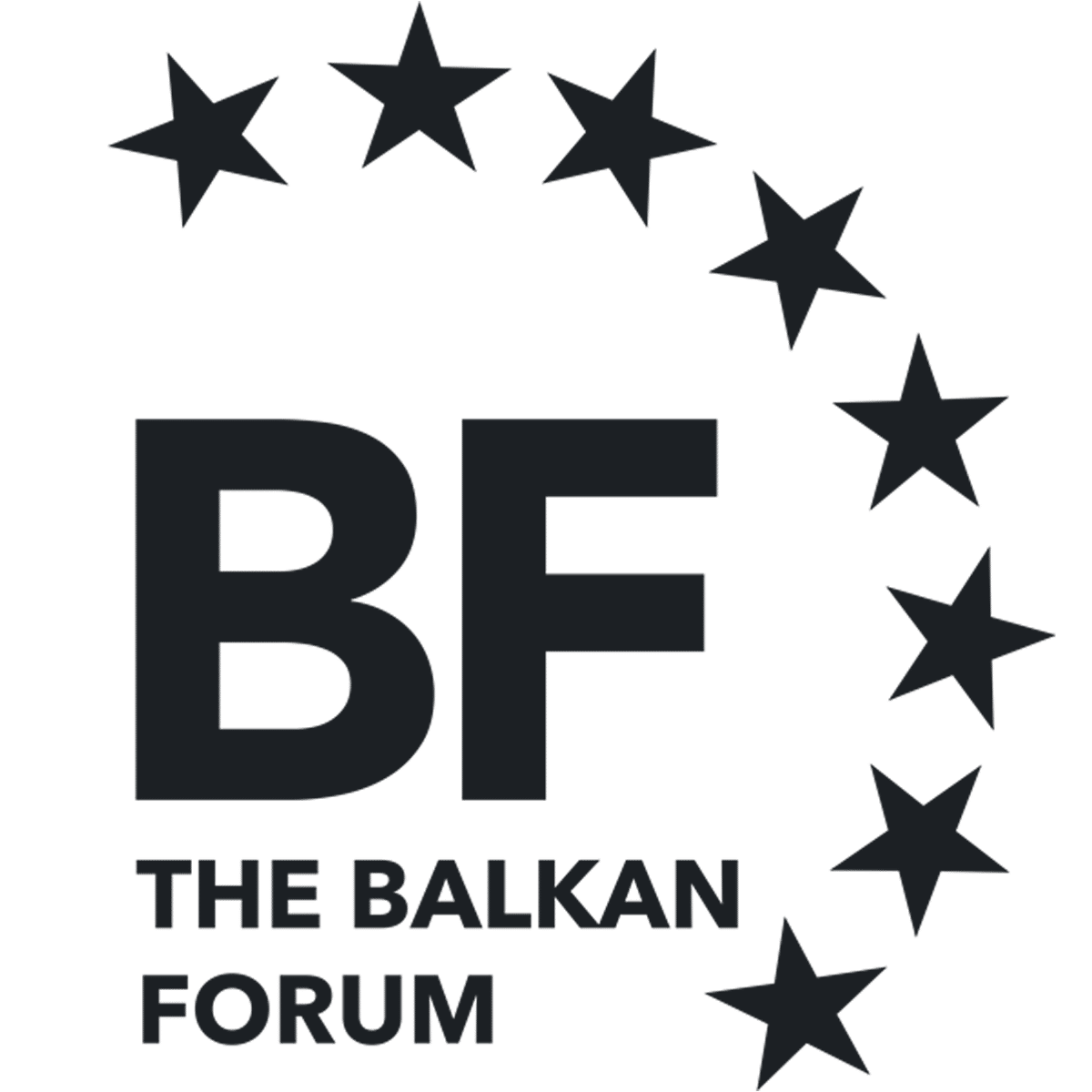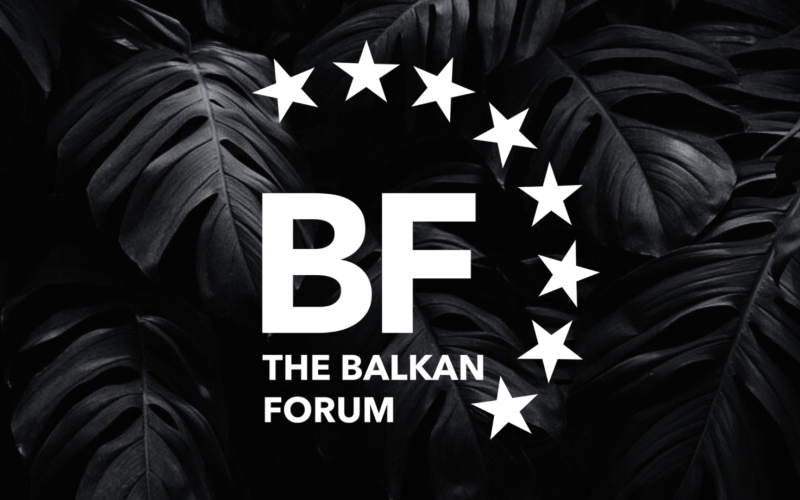“Education is the cornerstone of liberty” – Eleonor Roosevelt
Education is mandatory and free of charge in most Balkan countries. Regardless of how predominantly formal and structured it is, it does not include proper preparation and skill acquisition for future career success. Online learning platforms provide an alternative to formal education, as well as eliminate financial and spatial difficulties regarding transnational education. Their popularity has increased significantly throughout the past few years in the Balkans. Programs and courses offered on the platforms make the educational resources easily accessible for people around the world. The only requirement is to have a functional computer and access to the Internet, as well as an active account. Multiple online learning platforms have been developed, but I will focus only on the platforms I have used or encountered throughout my research and education.
Coursera is an online learning platform I have primarily encountered and mostly used throughout my university studies. One could easily, and free of charge, join the process of learning by creating an account. The platform offers courses, master programs and specializations.

Whether you would like to gain knowledge in a topic you do not know anything about, or you are enthusiastic about something already tackled at a university lecture, courses are a perfect opportunity to do so while enhancing skills for a future career. The courses are already recorded and include video lectures, readings, quizzes, written assignments, as well as forums for discussion. In order to obtain a certificate, one must pay a certain financial fee. There is an opportunity to apply for financial aid for certain courses if they make a significant contribution to your job or studies.
Coursera offers Master’s programs online in different areas such as Business, Accountancy, Entrepreneurship, etc., which you could pursue from the comfort of your own home, as well as short-term Specialisation such as TESL certifications.
Future Learn offers over 437 short courses, as well as in-depth programs and online Bachelor and Master Degrees. With in-depth programs, one can follow two types of programs: programs with academic accreditation and programs with professional accreditation. Bachelor and Master’s Degrees in different areas are available in a certain price range. Everyone can enroll for free and have a time-limited access to the material from the course, but without obtaining a verified certificate. One might find courses that offer free enrollment and verified certificates.
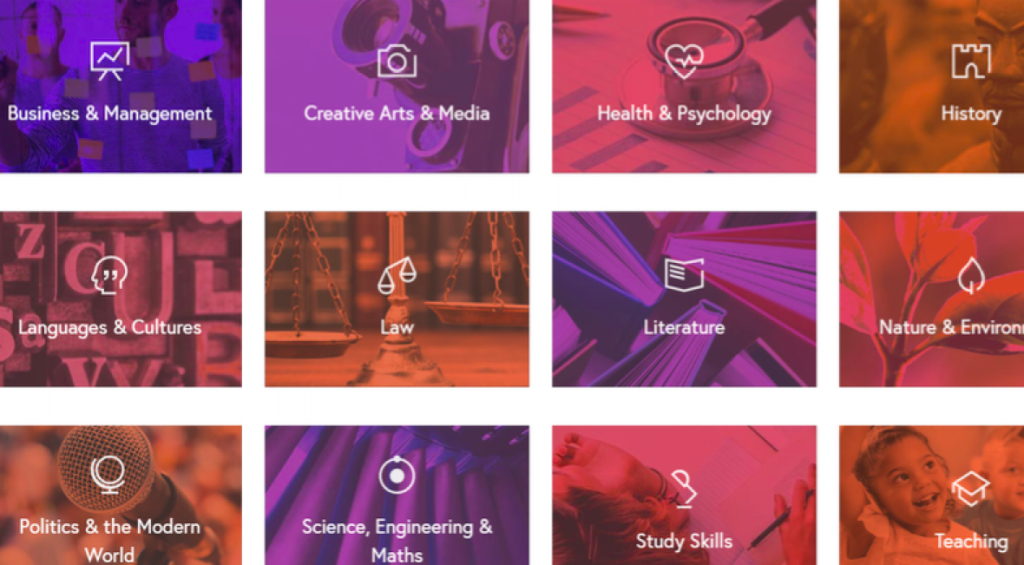
According to your professional interests and business requirements, it provides a selection of the finest courses to achieve your goal and acquire the proper knowledge and skills necessary for your desired job position. As a business owner and entrepreneur, the platform offers an opportunity to create an easy professional development of employees, modifying and adopting a style of work or structural changes.

EdX is an online learning platform that offers almost 3000 different courses in more than 10 languages with many partner universities situated in different continents. The learning platform offers Master Programs and Micro Master programs as a series of graduate-level courses created for a specific career field and relevant to certain job positions. Beside Master programs, the learning platform offers Professional Certificate programs that are designed to improve or acquire professional skills which are highly demanded by employers. The model of learning is quite similar to the above-mentioned learning platforms, with certain differences regarding the areas of learning. It all depends on what you would like to learn, what your career aspirations are, or which skills are necessary to excel in your current job position.
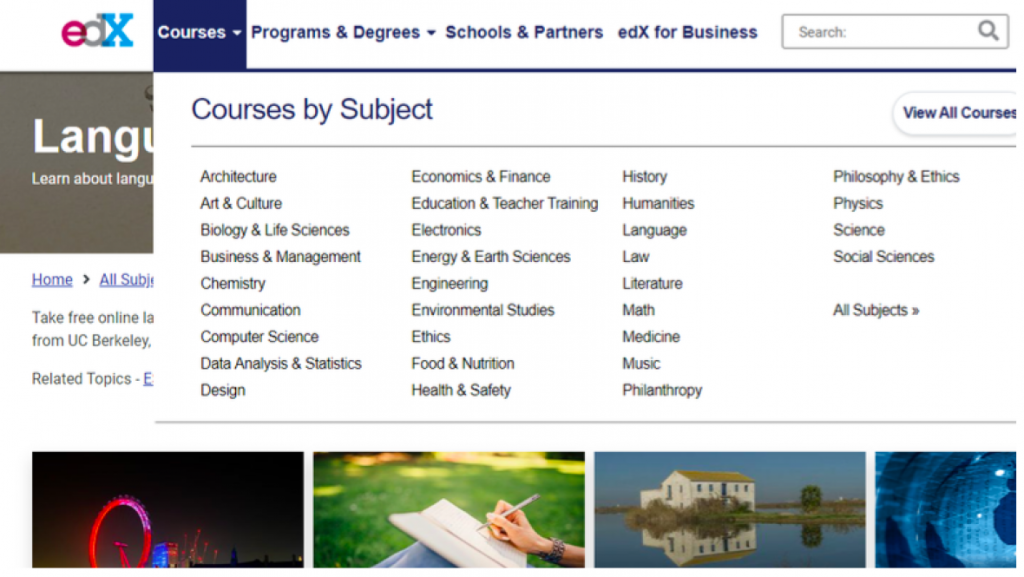
Online Learning platforms provide a transnational space for learning and enhancing skills in the atmosphere of our home, without being exposed to major financial expenses such as living expenses, and in some cases tuition and fees. Most of the programs are designed without a strict deadline, enabling participants to learn at their own pace. Not only do participants have access to course materials but they also become a part of discussion panels sharing the interest of the same topic with other participants around the globe and exchanging arguments.
Online education represents an alternative to formal education, addressing its weaknesses. However, not everyone has a computer or access to the Internet in our region, and most of the courses are conducted in foreign languages, which often represents an obstacle. Another problem is that online education remains unacknowledged and unrecognized, particularly by employers and universities in the Balkan countries. Nevertheless, this should not be a reason not to sign up for a course of your interest, or even pursue a degree. Knowledge and critical thinking are what matters at the end of the day, and access to knowledge should not be a luxury, rather an everyday dose of opportunity.
